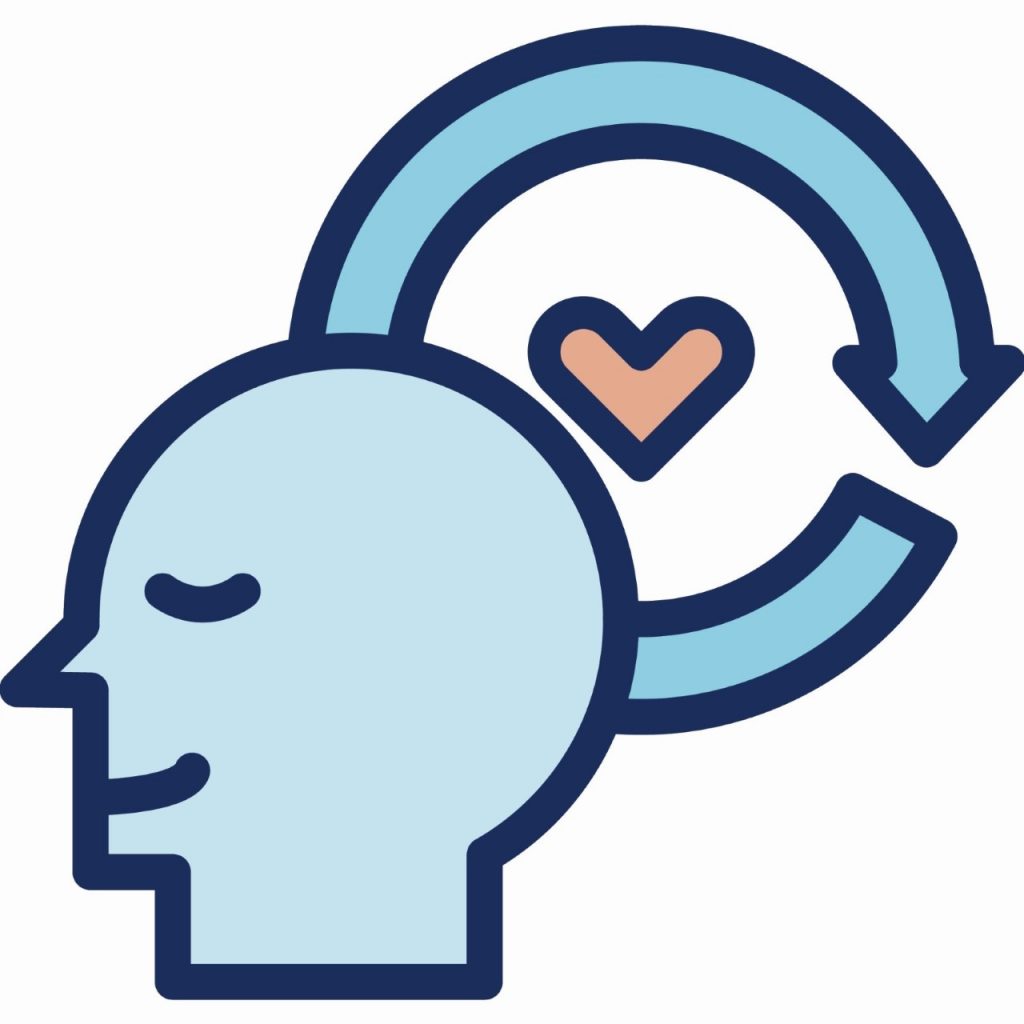This blog post is the first of Researchers Reflect, a new series where we embark on the journey of a design researcher at the Innovation Hub. Each post will spotlight a different design researcher sharing their stories, experience and learning moments throughout the course of their research.

Written by Amal Yusuf, UTQAP Research Coordinator
Since 2019, I was given the privilege and trust to listen to students’ stories and experiences throughout a variety of projects, such as the Presidential and Provostial Task Force for Student Mental Health, Food Insecurity on Campus, Let’s Talk About Failure Project, Student Experiences at Rotman Commerce, and much more! Being a part of this work has been a real growing experience for me. Today, I will be sharing a bit about this journey and how it has made an impact in my area of work and studies.
The Empathy-Objectivity Dilemma

Before starting at the Innovation Hub, I had mostly been familiar with quantitative research methodologies through my science-related areas of study, and that these approaches were the best options for research. Many fields have been propelled by quantitative methods for centuries, collecting and analyzing data often using statistical software to prove or disprove a hypothesis. Emphasis is commonly placed on maintaining objectivity throughout the research process. However, human-centered design thinking has a completely different approach in mind. Stories, emotions, experiences, and connections ground and drive the data.
I remember one of the first feedback sessions I led at the Innovation Hub. I prepared for the session trying to keep objectivity in mind and avoiding emotion. When learning about research during my undergraduate studies it was always stressed to be as objective as possible to produce the best kinds of research. However, as we asked our questions and held space for students to respond, I could not help but feel empathy and understanding for students in these sessions! This was an unfamiliar experience for me – I found myself being moved by the very qualities that make us human, through our ability to have empathy and form connections. I remember sitting at my desk afterward feeling conflicted – was it bad that I felt empathy in these sessions? Did I fail because I showed emotion? How could I approach these sessions with complete objectivity?
Embracing Empathy in Research
When I connected back with my team, they asked how the session went, and my face fell. I shared how I felt like I had failed. To my response, my team quickly assured me that this was completely normal. If anything, it is a strength to ensure that our participants feel valued, heard, and understood. This is one of the many lessons I have learned during my time at the Innovation Hub. In the end, we are all students with experiences that we relate to! It is okay to show emotion and express empathy, and it helps foster meaningful data that can really unveil the needs that foster change at the University.

We are not programmed robots (although robots are cool) but humans, a species who thrives on expression, communication, and language. Something I learned is that meaningful research happens when students feel safe, heard, and cared about. When an interview feels like a conversation between fellow humans, we can get insightful data we might not expect. Through questions, processes, and support that ensures students’ experiences are safe and valued I have learned how to be a better researcher through the power of empathy.
I am excited to continue my work at the Innovation Hub and hold space for these important dialogues and experiences for other students. Together, we can continue to uplift student experiences and make an impact at UofT.
0 comments on “Researchers Reflect: The Power of Empathy”